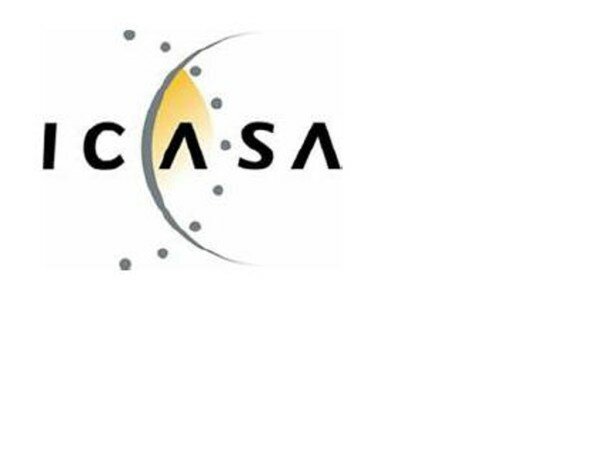
The Independent Communications Authority of South Africa (ICASA) has challenged internet service providers (ISPs) to raise their game to bring down costs, telling them “if a startup can do it, why can’t you?”.
In a presentation to industry stakeholders today ICASA general manager Pieter Grootes said he wanted the public to have access to 40Mbit/s broadband for ZAR329 (US$33) per month, citing the successful startup fibre project in Johannesburg’s Maboneng Precinct as an example of it being possible.
Grootes said: “If a startup can do this, why can’t all of us? Our aim is to ensure South Africans have access to proper broadband at proper prices.”
The presentation kicked off the ICASA Cost to Communicate programme, which aims to stimulate public debate, establish regulatory concerns and increase competition in the telecommunications sector.
ICASA expects to be able to do this through initiatives such as call termination review, local loop unbundling regulations, a broadband value chain study and the collection of ICT industry indicators.
The aim of ZAR339 per month for 40Mbit/s access is ambitious, considering Telkom currently offers the respective speed for a monthly charge of ZAR795 (US$78).
The Maboneng project also allows a 20GB cap of data, while Telkom’s charge does not include the consumption of data. That comes at an extra cost.
Grootes added: “We are not aiming to hit somebody, but to identify issues and resolve them so that everyone has a fair chance of making a profit and providing services at a fair price.”
In the presentation, Grootes also highlighted the negative effect high prices have on the economy and the fact monopolies tend to push costs up.
Speaking to HumanIPO in April, the Democratic Alliance’s shadow finance minister Tim Harris said the monopoly Telkom has on the internet services is damaging.
Harris said: “The initiative to introduce competition to Telkom was 15 years too late and I think mobile was an example of how you can have a proper competition within a space. There are now four players which compete and consumers are the big winners.
Compare that to the fixed line space, it is just behind. The cost of ADSL is the side effect of what happens when you get the policy wrong.”
The final regulations to come out of the Cost to Communicate programme are not expected to be published until April 14, 2014, with an extensive consultation programme with stakeholders and the public to take place between now and then.


















